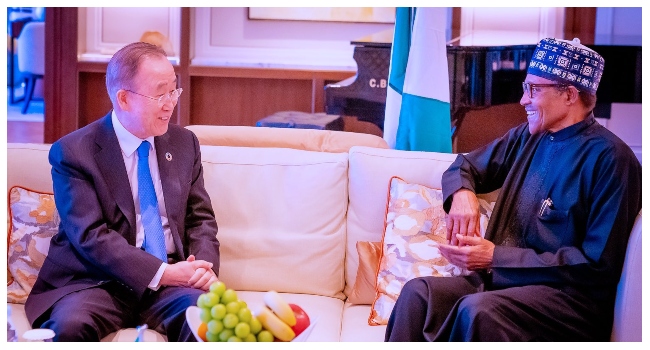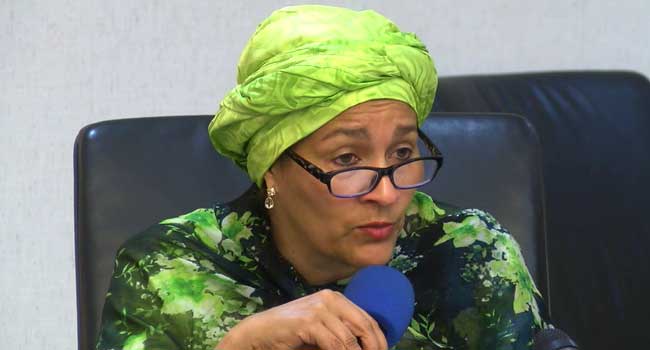
After years under autocrat Zine el-Abidine Ben Ali, Tunisia’s charter has been praised as one of the most progressive in the Arab world, designating Islam as the state religion but protecting freedom of belief and sexual equality.
Parliament erupted in celebrations after the official signing of the constitution. Lawmakers approved it on Sunday evening, ending months of deadlock that had threatened to undo Tunisia’s transition.
“This is an exceptional day for Tunisia, where we celebrate the victory over dictatorship. The government and the opposition have won, Tunisia has won,” President Moncef Marzouki told the assembly after signing.
On the streets of the capital Tunis, reaction to the new constitution was mixed, but mostly positive.
“I am very happy. I feel relaxed and delighted for my country and my people and all Tunisians“, said one man.
“(The constitution) represents me; however the country is not going in the right direction. No matter if they change the constitution or not. It does not mean anything,” added a woman.
One man said politicians had been able to prevent the type of turmoil that plagued other countries in the region.
“The National Constituent Assembly was a fertile seed, it prevented us from many other bad possibilities, that could have happened, like what’s happening in Egypt, in Libya, Syria and Yemen,” he said.
The small North African country’s steady progress contrasts sharply with turmoil in Libya and Egypt, whose people followed Tunisia in ousting their veteran leaders in 2011.
Tunisia’s stock market rose 1.7 percent on Monday in a sign of investor confidence in the country’s stability, with the constitution in place and the formation of a new caretaker cabinet that will govern until elections.
After months of crisis, Tunisia’s transition got back on track when ruling Islamist party, Ennahda agreed to compromise late last year and step down to make way for a non-political cabinet of experts, led by former minister, Mehdi Jomaa.
Hours before Sunday’s January 26 approval of the constitution, new Prime Minister, Jomaa named technocrats with international experience to key posts such as Finance Minister and Foreign Minister.
No election date has been set, but Ennahda and opposition party Nidaa Tounes, headed by a former Ben Ali official, are expected to battle for the presidency.
In the National Assembly and on the street, political divisions about the role of Islam were forgotten in the celebrations over a constitution that United Nations Secretary- General Ban Ki-moon commended as a “milestone”.




